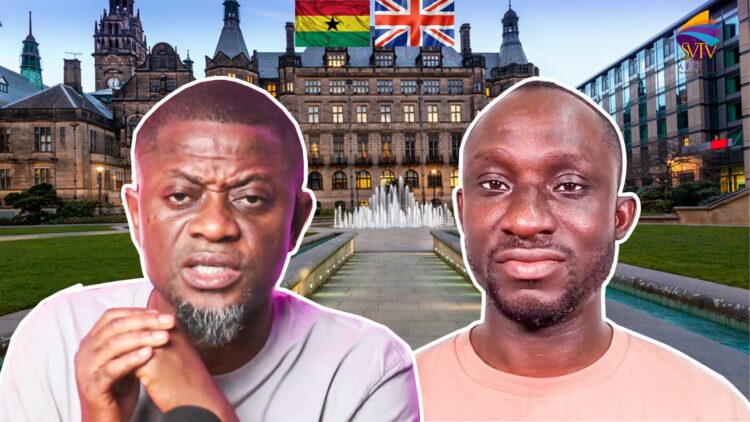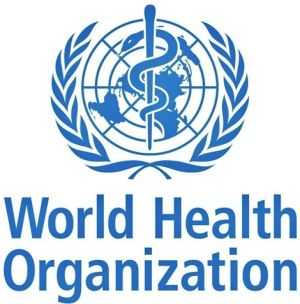Phillip the Predictor, a Ghanaian based in the UK and a regular guest on SVTV Africa’s Daily Hustle Worldwide with DJ Nyaami, has shared his views on the recent U.S. immigration policy changes and broader issues concerning immigration and education in Ghana.
Phillip commented on the new U.S. immigration rule that reduces the Green Card’s five-year validity to just three months for some applicants. He believes this is a strategic move by the U.S. government to generate more revenue through frequent visa applications and renewals. According to him, countries like the UK and the UAE are already benefitting economically by increasing visa fees and attracting money from immigrants.
He also pointed out that while Ghana charges Chinese nationals a high visa application fee, citizens of many other countries pay significantly less. He views this as a smart way for the Ghanaian government to raise funds, emphasizing that nations can leverage immigration systems to boost their economies.
However, Phillip also noted that laws must be enforced effectively. “In any serious country, laws are made to work so that people follow them,” he said. “Unfortunately, some people in Ghana only take rules seriously when they see others being punished. That mindset needs to change.”
Touching on job opportunities, Phillip asked a critical question: “Do Ghanaians themselves even have enough jobs? Let alone foreigners?” He stressed the importance of job creation within the country before worrying about outsiders.
Phillip then shifted focus to education, particularly in relation to document credibility. He suggested that top Ghanaian universities like KNUST and the University of Ghana adopt Russia’s strict system—where semester exams and certificates are heavily protected and difficult to forge. According to him, this enhances the credibility of qualifications and gives graduates a competitive edge in the job market.
“I once applied for a job alongside someone from another country,” Phillip recalled. “He got the job because the employer trusted the authenticity of his certificate, which came from a system known for strict verification.”
He lamented the unfortunate situation in Ghana where people doubt genuine certificates from credible institutions like KNUST because of the prevalence of forgeries. “Sometimes, you present a real certificate, but they assume it’s fake—just because others came in with fake ones
too,” he added.















